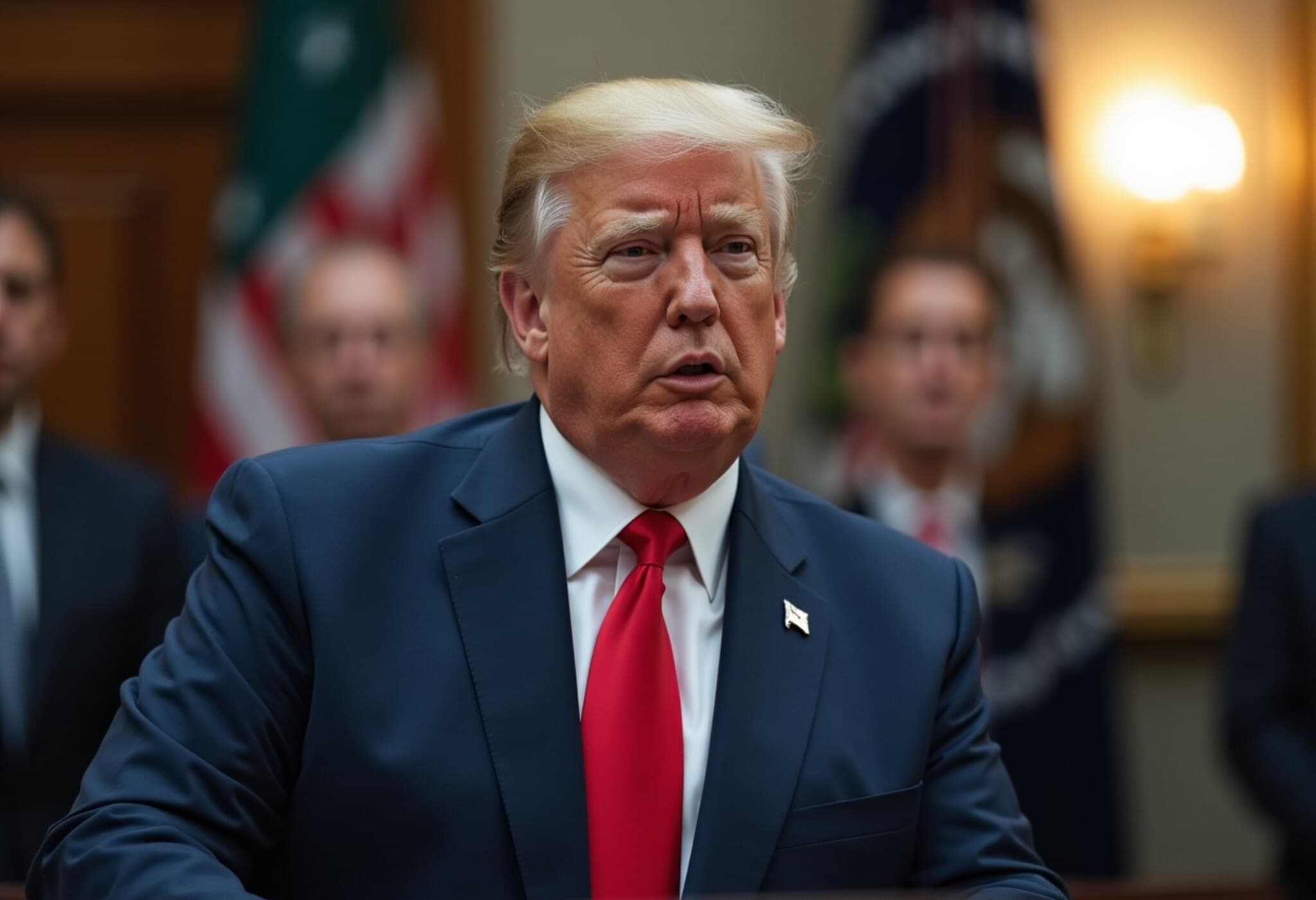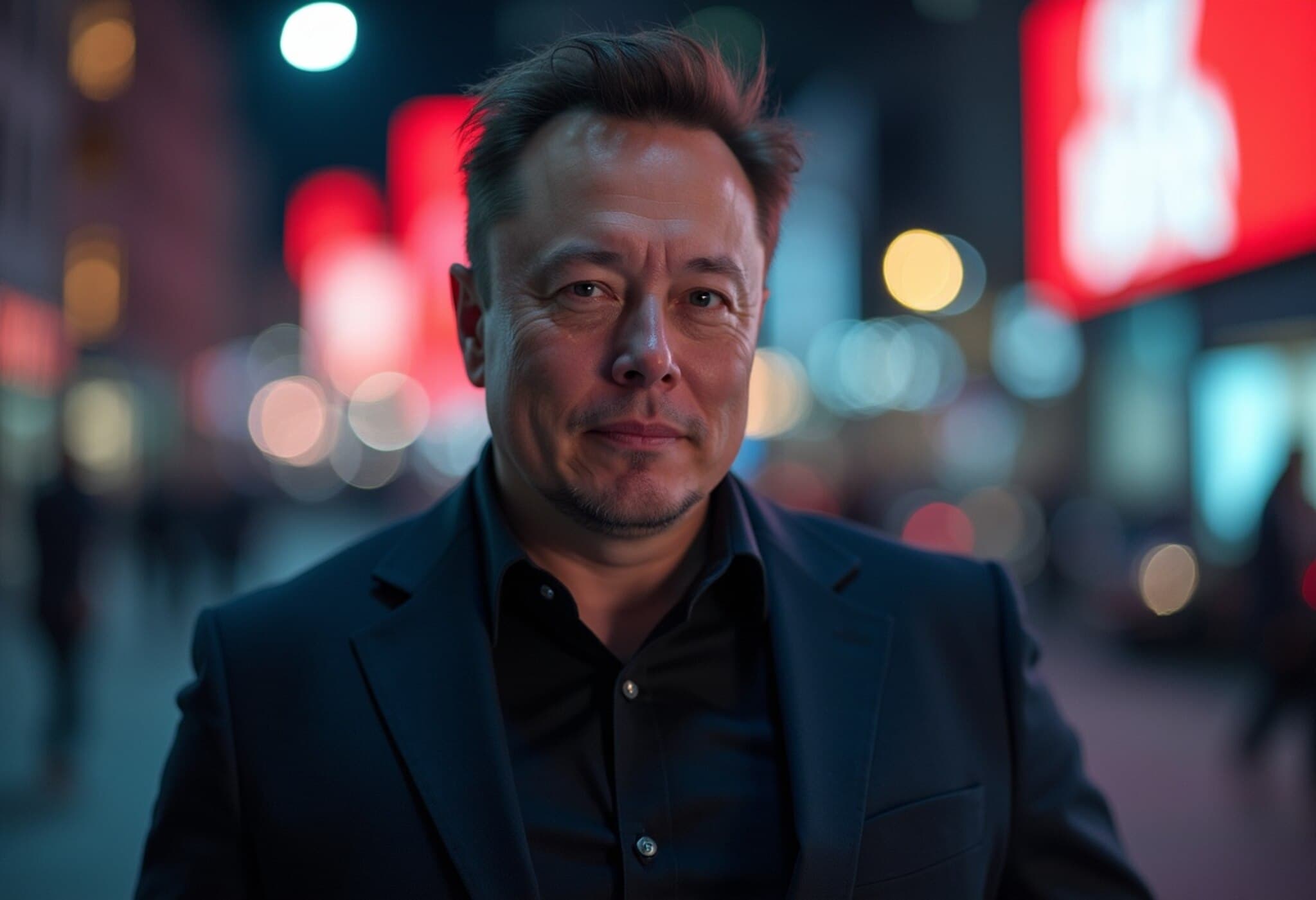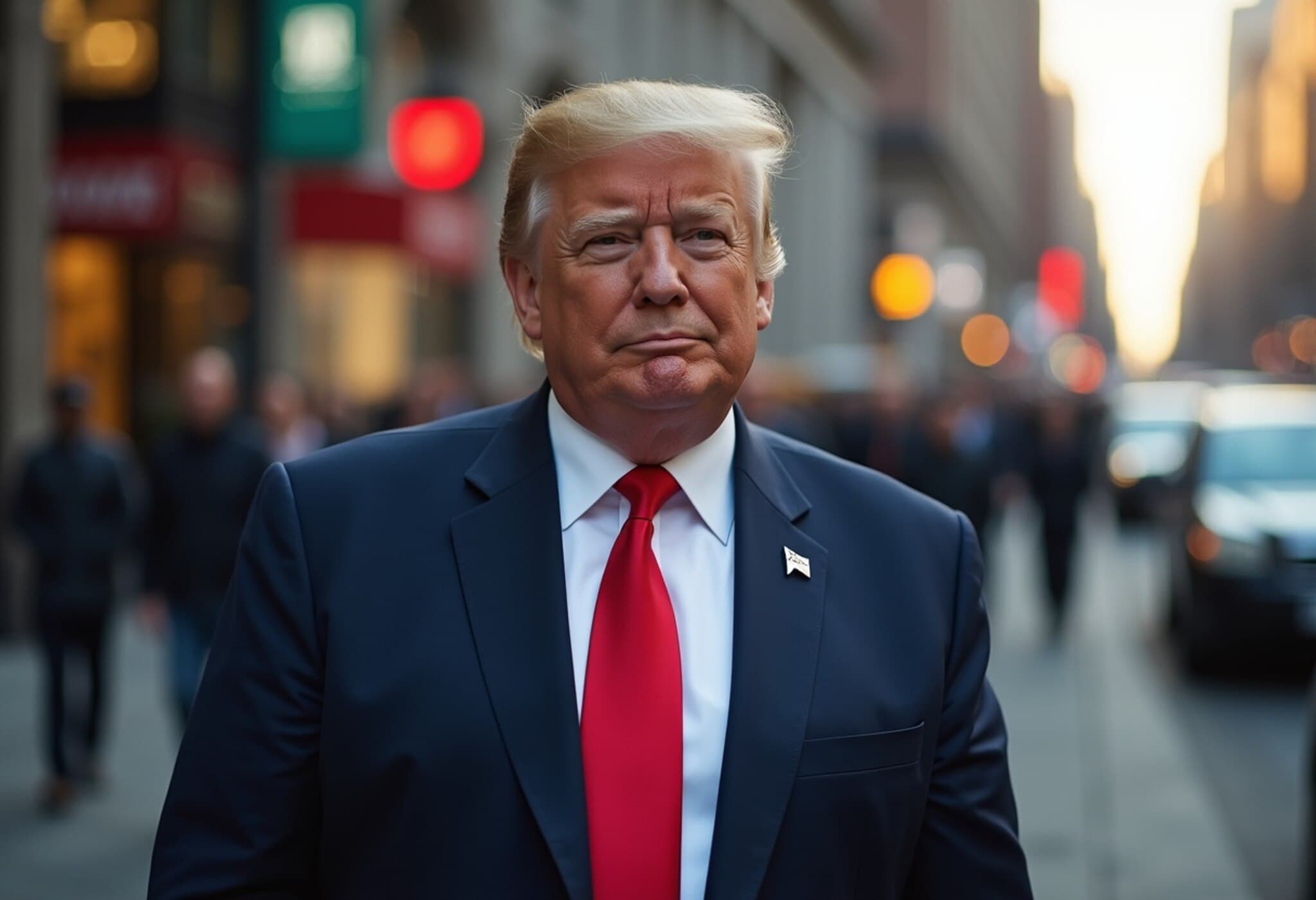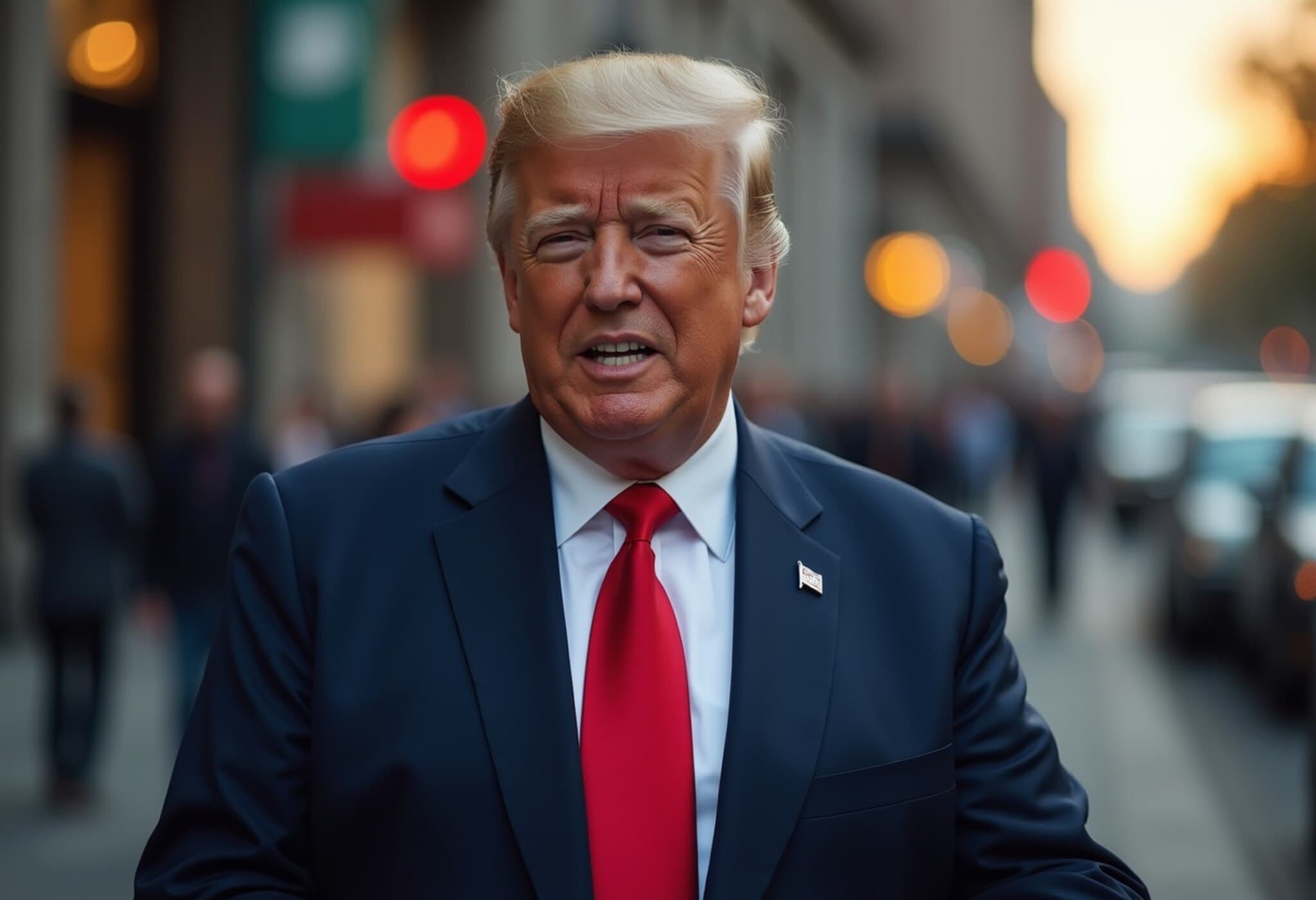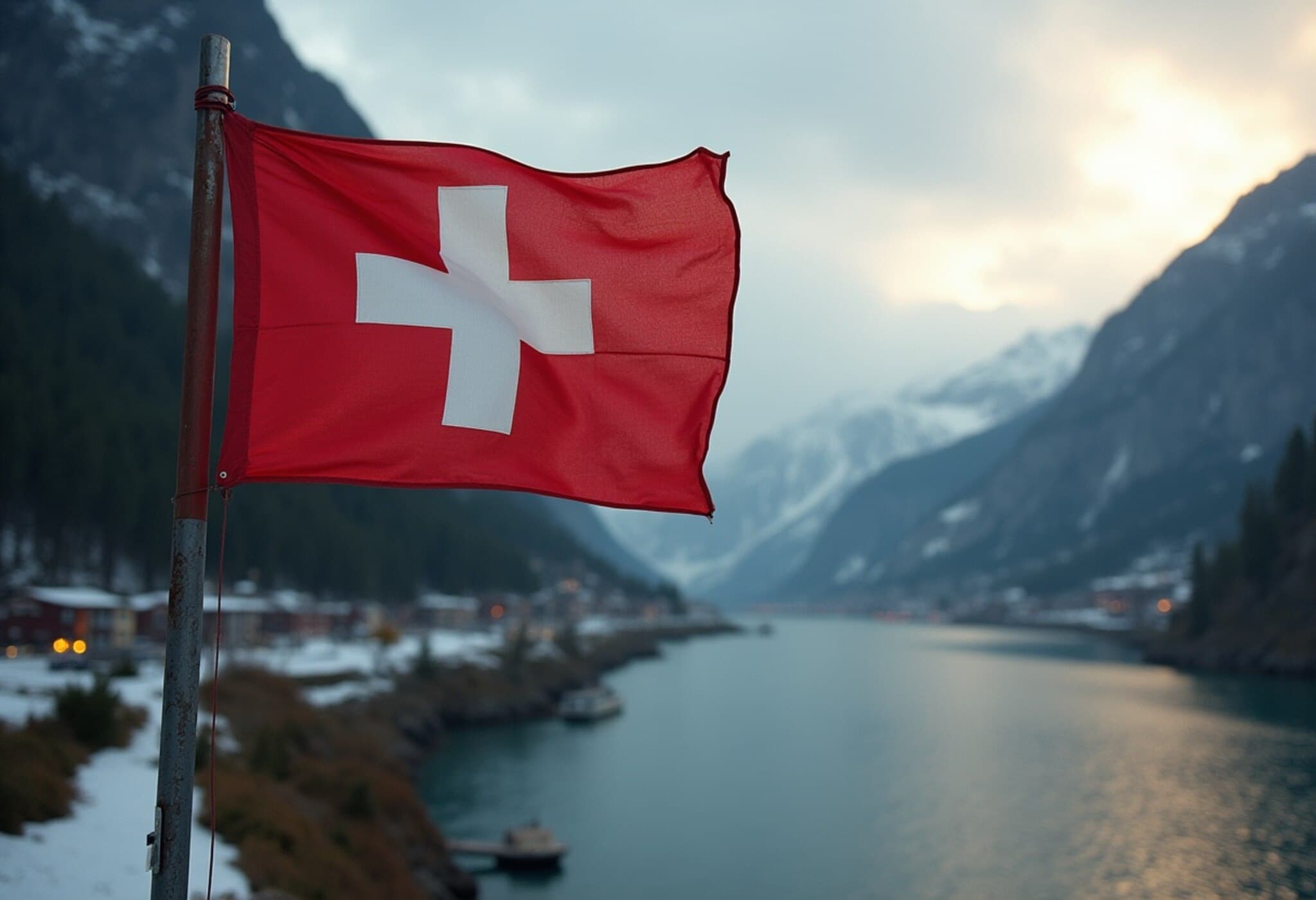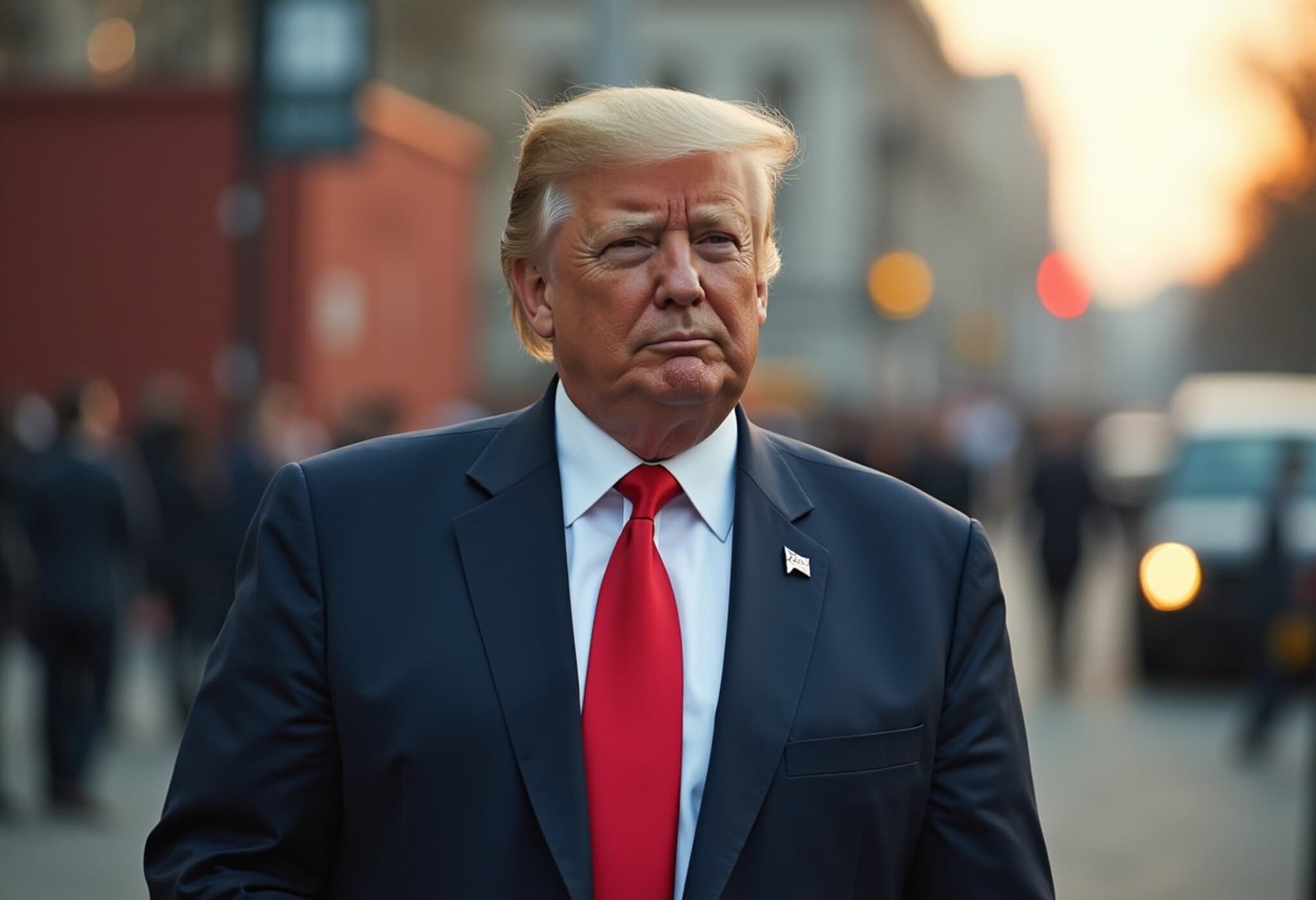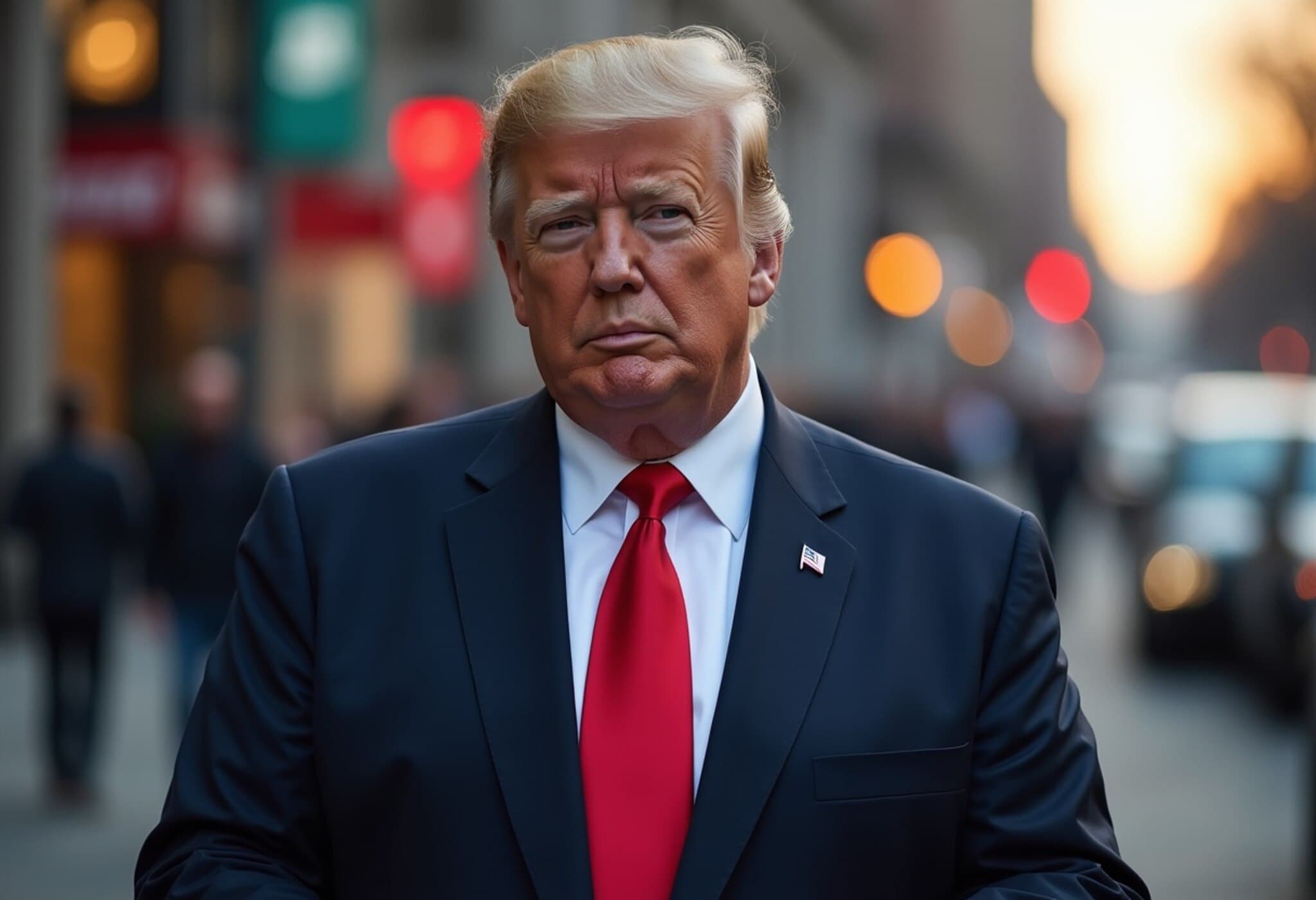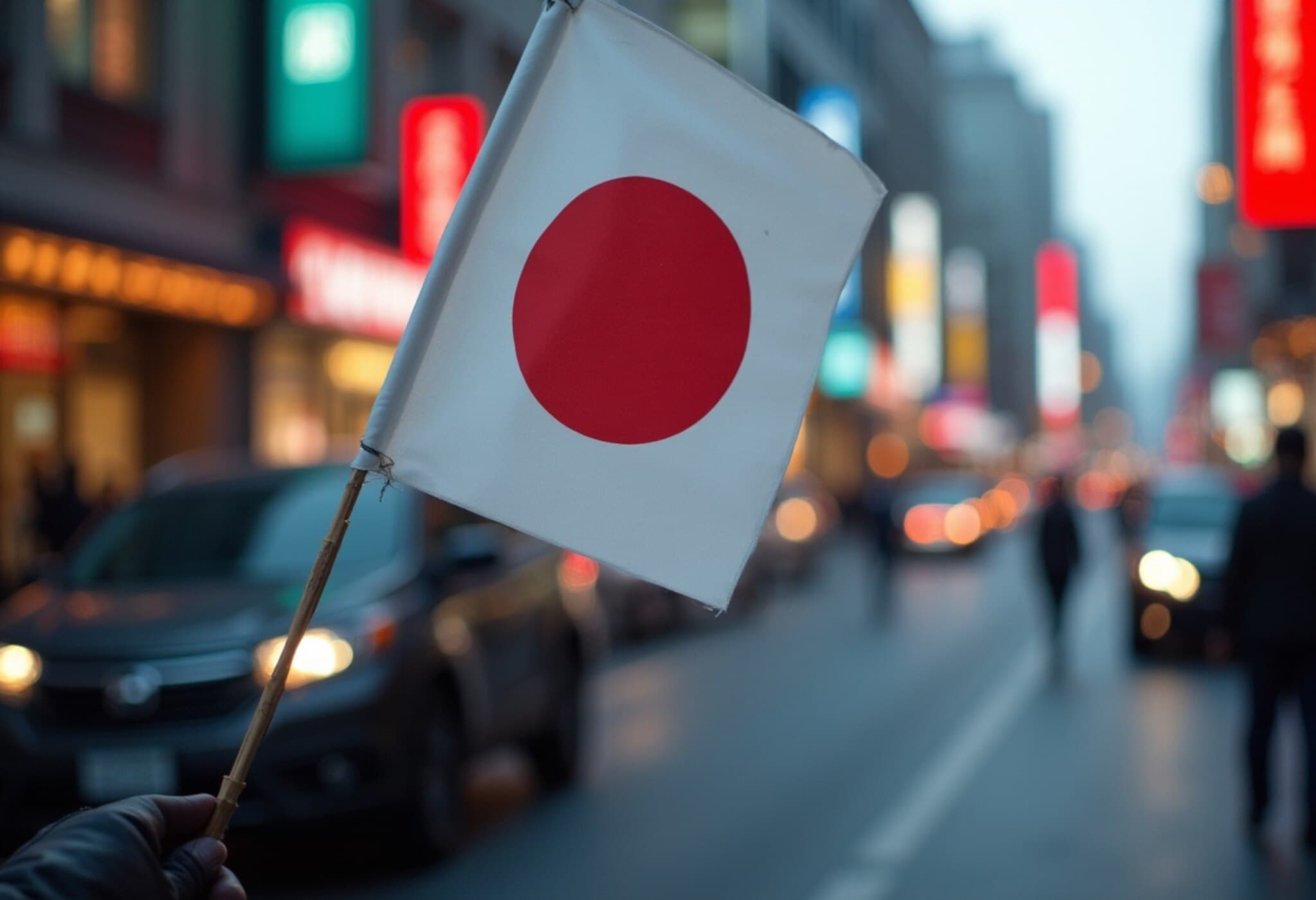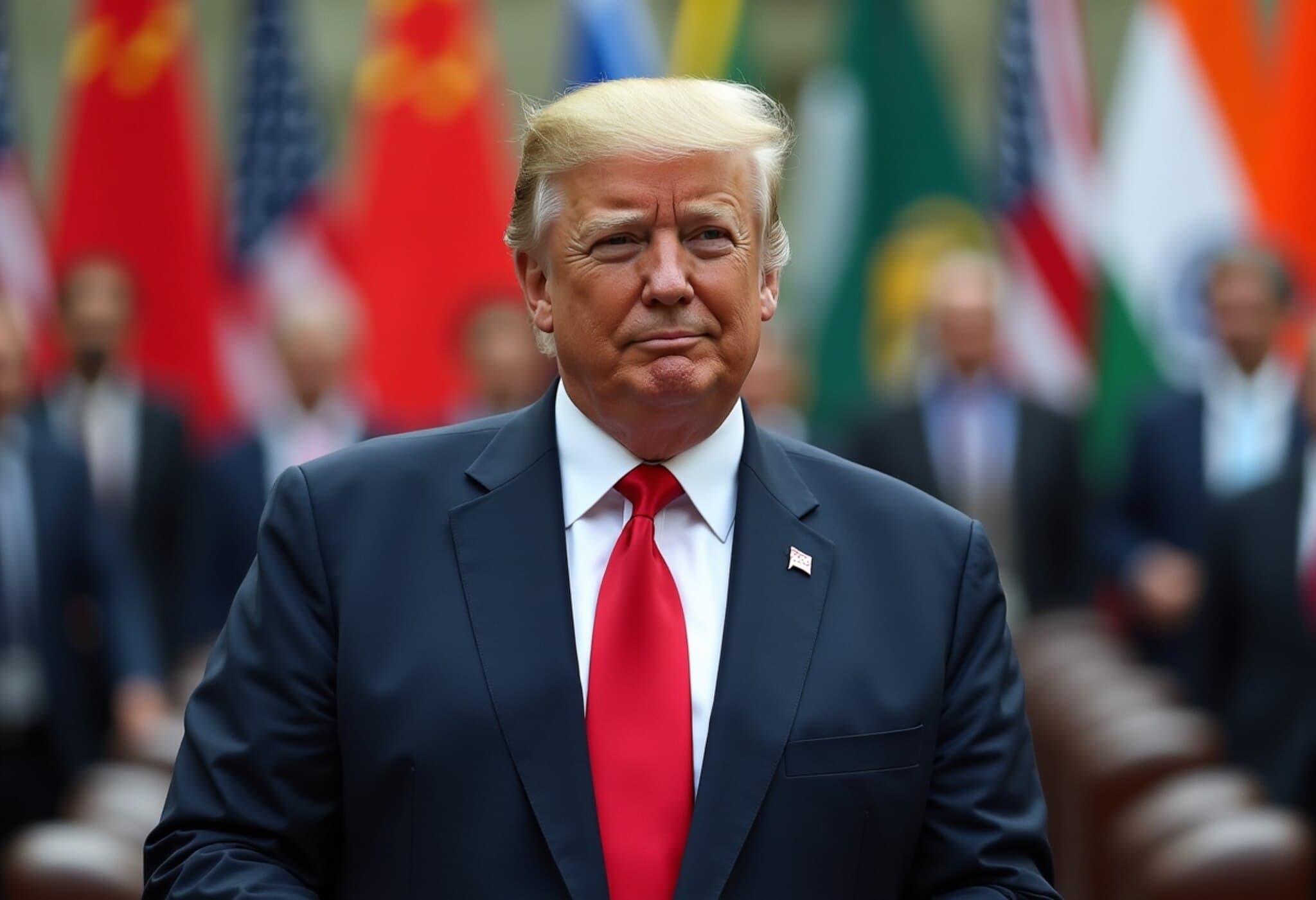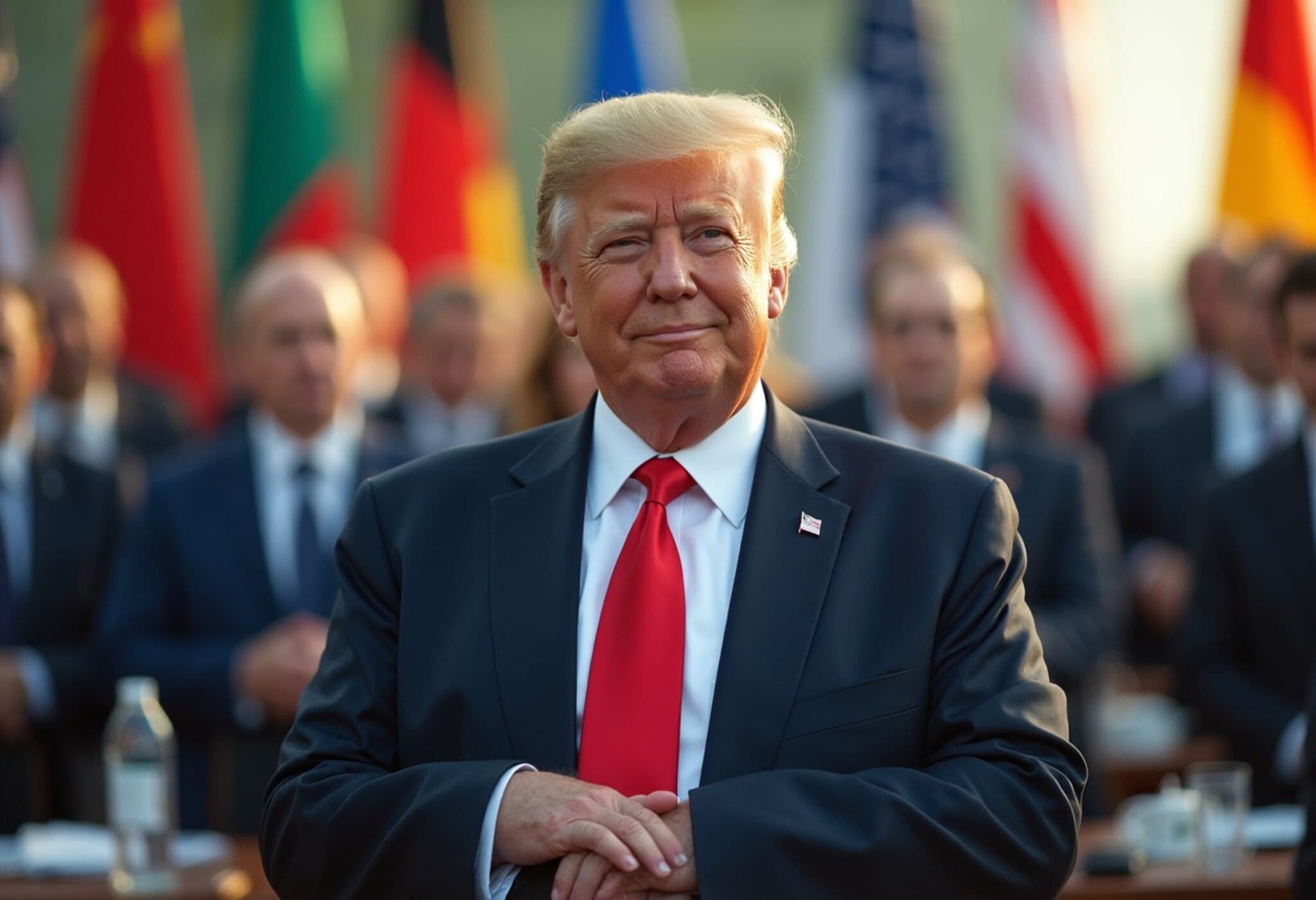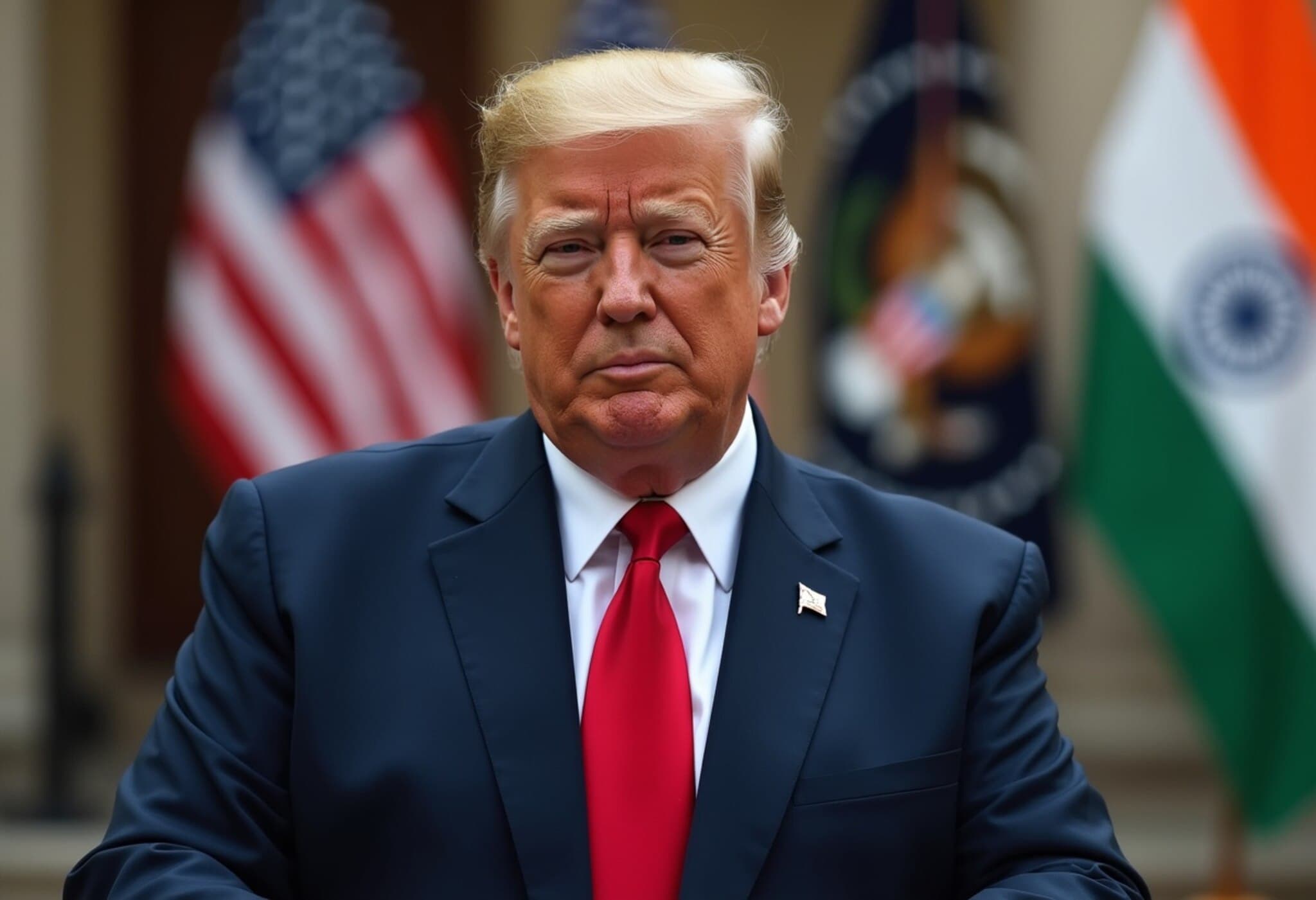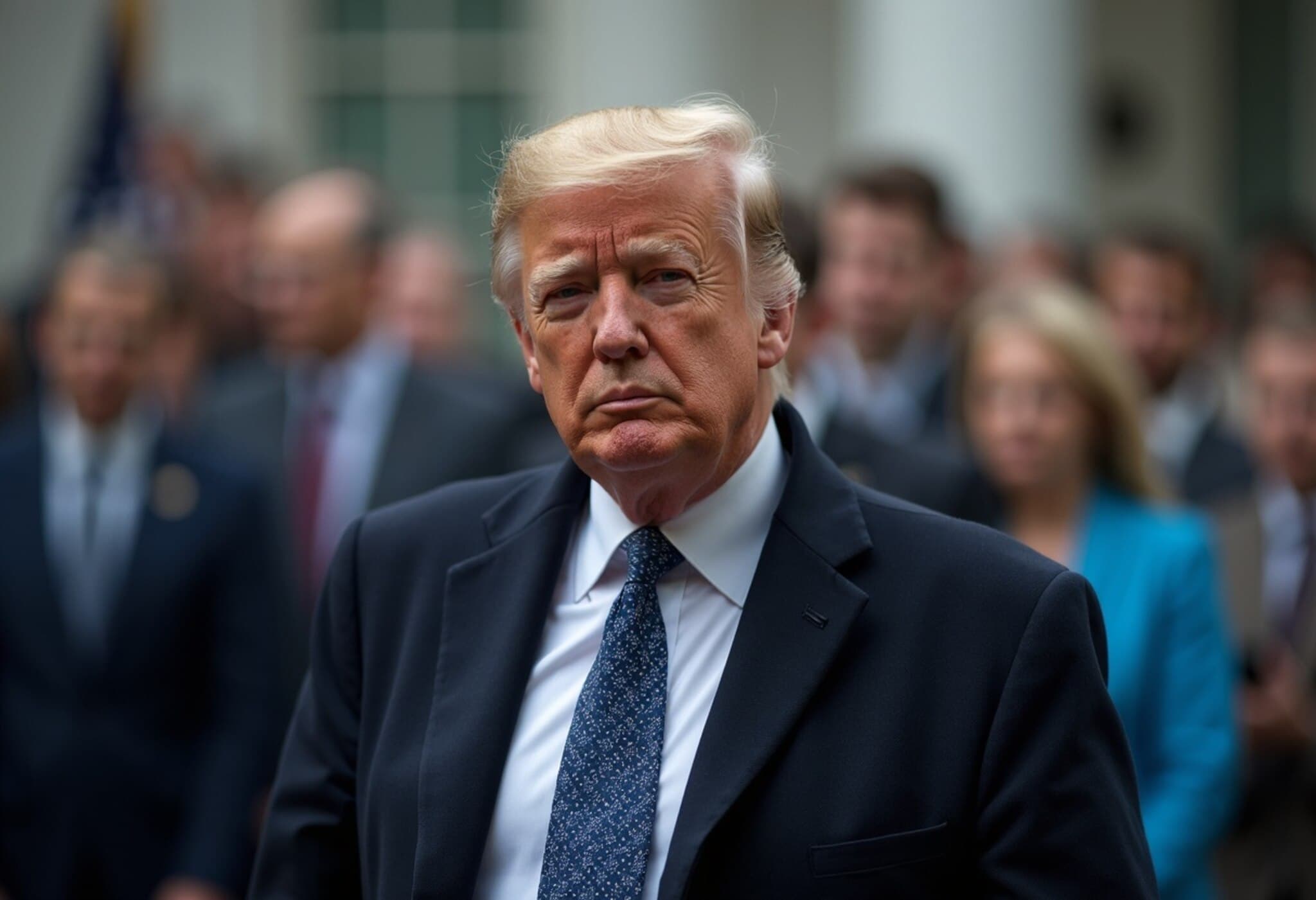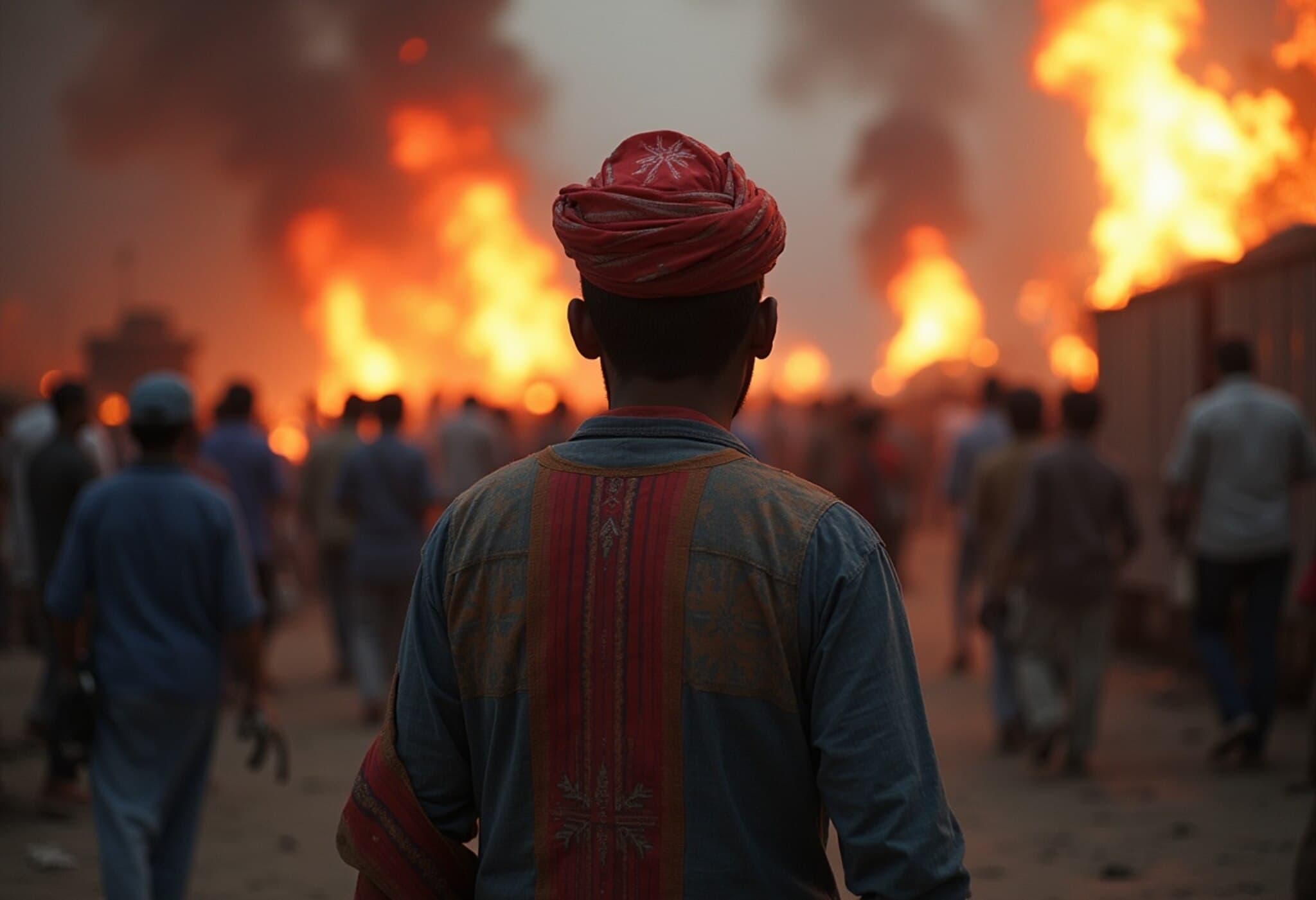India Advances WTO Trade Policy Review as Global Trade Governance Faces Challenges
As the world grapples with mounting tensions in international trade frameworks, India has signaled its unwavering commitment to multilateralism by initiating preparations for its eighth World Trade Organization (WTO) trade policy review after a five-year gap. This move is particularly notable against the backdrop of increasing skepticism about the effectiveness of the WTO and rising unilateral and bilateral trade measures.
US Retreat from Multilateral Trade Dispute Resolution
The United States’ withdrawal from effective engagement with WTO’s dispute settlement system marks a significant stress test for global trade governance. Since March 12, 2025, the US has imposed a 25% tariff on steel, aluminum, and related products, subsequently doubling it to 50% by June 3, pointing to an assertive protectionist posture. Rather than working through WTO dispute mechanisms, Washington has increasingly favored bilateral agreements, raising concerns among trade experts over the adherence to WTO-compliant standards.
Experts warn that this trend undermines the multilateral rules-based system, disproportionately affecting developing economies like India that rely on predictable trade rules for economic growth and stability.
EU’s Proposal: A New Trade Architecture?
In a striking development, European Commission President Ursula von der Leyen has broached the idea of an alternative trade framework to the WTO. She proposed that the EU lead an initiative alongside Asian economies, notably the members of the Comprehensive and Progressive Agreement for Trans-Pacific Partnership (CPTPP), to create a structured cooperation platform that could serve as a potential WTO substitute or major reform platform.
In von der Leyen’s words, the ambition is to "redesign the WTO to demonstrate that extensive rules-based cooperation with a large number of countries remains feasible." This resonates with many Asian economies, including India, which increasingly seek robust trade partnerships amidst global uncertainty.
India’s Stance and WTO Retaliation Measures
Despite these global uncertainties, India remains assertive in defending its trade interests. New Delhi is actively pursuing WTO conflict resolution mechanisms, having filed several disputes against the US’s tariff escalations. In its latest move, India revised its proposal to impose retaliatory tariffs on select US imports permittable under WTO rules.
- The proposed countermeasures could impact $7.6 billion worth of US imports from India’s key export sectors.
- India projects that the duties collected could amount to approximately $3.82 billion, reflecting a sharp increase from the earlier estimate of $1.91 billion.
- These measures are a response to the US increasing tariff rates on steel and aluminum imports, highlighting the tit-for-tat nature of current trade disputes.
This dynamic underscores the precarious position of developing countries that must navigate between defending their trade interests and engaging with a global system in flux.
Expert Perspectives: Implications for Global Trade and India
Trade analysts emphasize that India’s proactive engagement with the WTO, contrasted with the US’s unilateral actions and the EU’s search for alternatives, illustrates a broader fragmentation in the global trade architecture. For India, maintaining a stake in multilateralism is not only a legal imperative but also a strategic avenue to safeguard its burgeoning exports and ensure fair market access.
Moreover, the EU’s proposal for a parallel trade cooperation platform, while still in nascent stages, could redefine trade alliances and norms, especially in Asia-Pacific. It raises critical questions about the future relevance of the WTO, the efficacy of bilateral versus multilateral trade agreements, and the ability of developing countries to influence these frameworks.
Looking Ahead: What This Means for India and the World
India’s readiness to enter its WTO trade policy review and challenge tariff hikes through established mechanisms sends a message of resilience and strategic patience. Meanwhile, the evolving proposals from the EU signal a potential realignment of global trade institutions, possibly ushering in a new era of regionalism mixed with broader coalitions.
For policymakers and traders alike, these developments spotlight critical questions:
- Will the WTO adapt to maintain its central role in global trade governance?
- How can developing countries like India protect their interests amid shifting alliances?
- What would the implications be if alternative trade frameworks gain more traction?
Ravi Dutta Mishra is an experienced trade policy correspondent with insights into international commerce dynamics. This analysis reflects a synthesis of current developments in global trade governance as of July 2025.


